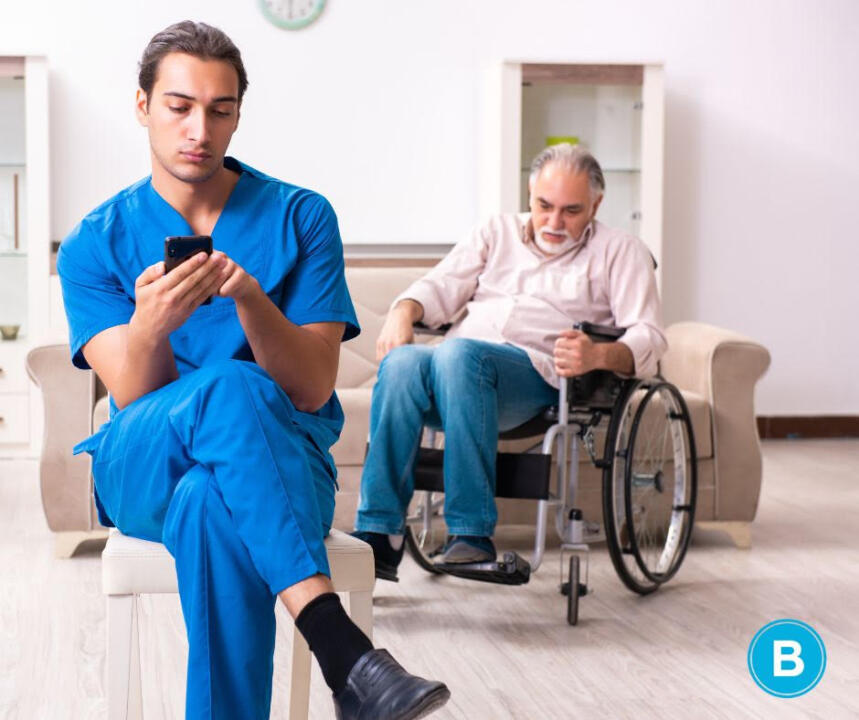
More and more families are choosing assisted living homes or nursing homes for their parents or grandparents. These facilities can be a wonderful way to have your loved one close by while making sure they receive the specialty care they need. However, you might have also heard about cases of nursing home abuse and residents who don’t receive the proper care. That’s why it is important to know how you can protect your loved ones should they need to move into a nursing home.
Choosing the right facility
Do you know what to watch for when it’s time to “shop” for a nursing home or the signs you might see if all is not well at the home you choose?
When it’s time to pick a facility, you need to put down the brochures. Instead, you need to schedule in-person visits with the centers that interest you and your loved one. In order for you to make an informed decision, it’s necessary to:
- visit the facility in question
- meet with administrators and staff
- and learn more about daily activities, care, and resources
It’s also important to consider the individual needs of the future resident:
- Is your aging parent or relative still active and would like to enjoy a vibrant life with friends?
- Do they prefer to keep to themselves in a quiet environment, or are even physically unwell and require hands-on care?
After all, not all senior/nursing homes are the same! Depending on the above-mentioned preferences and needs, your loved one might require a much different facility.
Also, you need to keep in mind: Making the right initial choice is only part of the solution!
Once you’ve chosen a facility and your mother or father has moved into their new home, it’s vital that you stay vigilant about asking questions, monitoring your loved one’s care, and advocating for them routinely, either in person or via the phone. If at all possible, it’s best to choose a facility close enough to visit often. While this, of course, would be ideal, we do understand that this might not be feasible for all families.
Watch out for signs of nursing home abuse
 Why do you need to be so engaged with your loved one’s well-being when you have hired a facility to take care of them? Because unfortunately, nursing home abuse (i.e., elder abuse) is unfortunately a common issue here in Florida.
Why do you need to be so engaged with your loved one’s well-being when you have hired a facility to take care of them? Because unfortunately, nursing home abuse (i.e., elder abuse) is unfortunately a common issue here in Florida.
Knowing the signs and symptoms is the best way to protect your elderly loved ones from neglect and abuse. Remember, not all abuse equates to physical violence. It can be verbal, emotional, psychological, financial, neglect, and more. Therefore, when you speak to your parent or grandparent, or when you visit them, watch for:
- any unexplained or repeated bruising or abrasions
- signs of lack of care, including bedsores, poor hygiene, weight loss, etc.
- changes in your loved one when specific caregivers come into their room (they get quiet, seem uncomfortable, or tend to get agitated)
- missing funds from your loved one’s account (especially if you keep an account tied to the care facility for automatic withdrawals)
- a sudden, sharp decline in mental health
What to do in case of nursing home abuse
If you notice any of the above signs in your loved one, or you have even the slightest question about the care your parent or grandparent is receiving, never hesitate to speak up. You are the voice for your aging loved ones! Therefore, it’s your responsibility to defend them when they can’t defend themselves!
If you do believe abuse or mistreatment is occurring in your selected facility, you’re not alone in your fight to protect them. Brooks Law Group is in your corner, ready to work for you and get the justice you and your family deserve. This also includes compensation you need to better care for your beloved mother, father, aunt, uncle, grandparent, or family friend.
We have years of experience in representing individuals and families of all ages and are proud to serve the Winter Haven community with the very best in legal services. Call us for your FREE consultation. When you need someone to stand for you, Look to Brooks!














